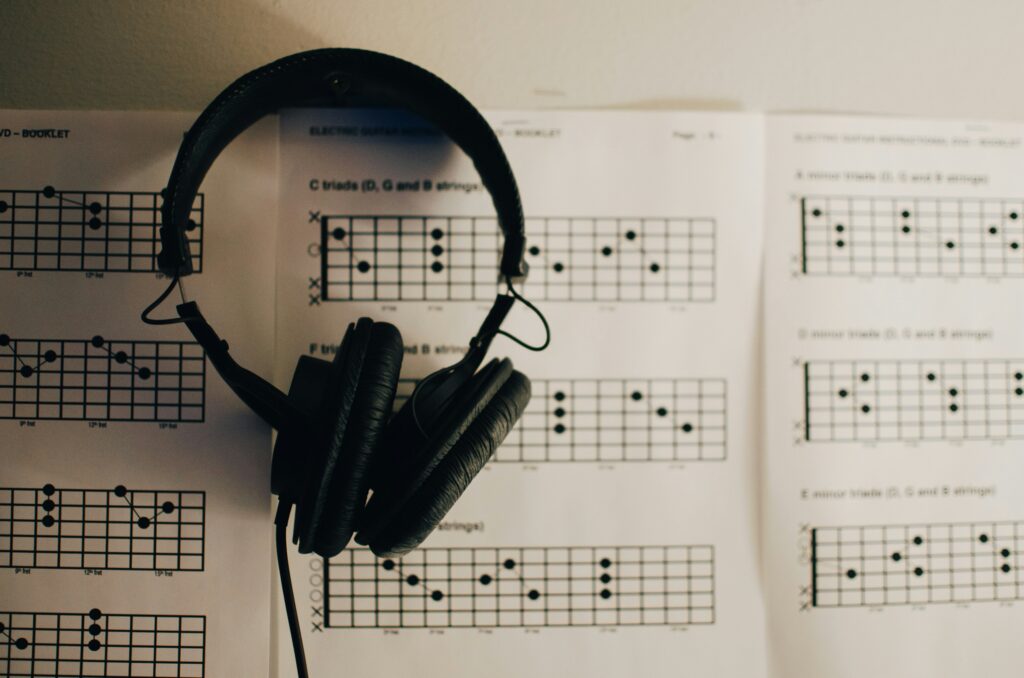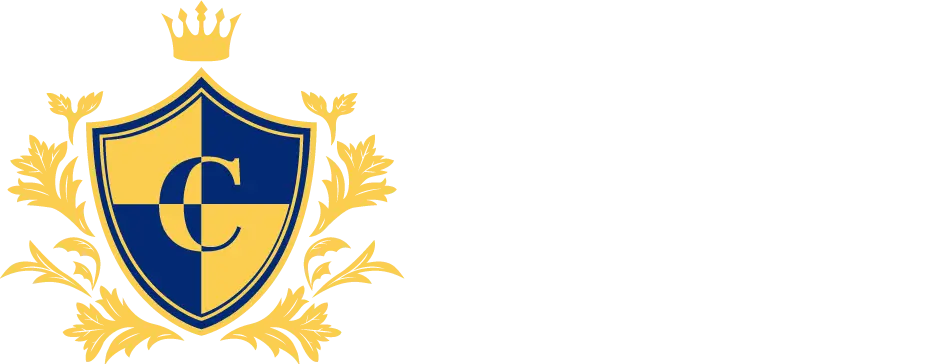Music
Cambridge International’s Lower School offers a dynamic online music curriculum designed to develop your skills in listening, composing, and performing.
Our comprehensive Key Stage 3 music program introduces a wide range of musical genres and styles, ensuring you become a well-rounded musician.
Whether you’re aiming to pursue OCR GCSE Music or simply wish to enjoy music as a lifelong passion, our online lessons provide the foundation you need to excel both academically and personally.
Assessment in our online music program is continuous and integrated into live-taught lessons. Our experienced teachers evaluate your progress through regular marking of coursework, assignments, and summative tests.
This approach ensures a thorough understanding of Key Stage 3 music concepts, helping you build confidence and competence in your musical journey.
To reinforce classroom learning, homework is assigned weekly. These tasks typically include researching musical concepts, completing quizzes, and engaging in subject-related activities that make learning both effective and enjoyable.
This approach ensures that our online music lessons for Key Stage 3 students are comprehensive and engaging, solidifying your grasp of the subject.
Parents can monitor their child’s progress through a 24/7 online portal, offering detailed insights into coursework, grades, and teacher feedback. This transparency fosters strong communication between parents and the school, ensuring that your child’s academic journey is closely supported.
Additionally, consultations with teachers can be scheduled at convenient times to discuss progress, milestones, or any concerns.
By enrolling in Cambridge International’s Lower School’s online music program, you’re investing in an enriching educational experience that enhances your musical abilities and broadens your cultural understanding.

Listening:
Every great performance and composition begins with listening. In this course, you’ll explore a wide variety of musical styles—classical, jazz, pop, film scores, video game music, musical theatre, folk, and world music. We’ll train your ears to focus on specific elements, improving your instrument recognition and aural skills, essential for creating and performing music.
Performing:
Performing is a cornerstone of any music course, and our online format won’t hold us back! While we can’t perform together due to internet speed differences, you’ll have plenty of opportunities to play your instrument, record your performances, and track your progress as you hone your skills.
Singing:
Vocal work is a key part of this course. You’ll sing in various styles, gaining confidence in your voice. Don’t worry—you won’t be heard by anyone else, but it’s crucial to participate fully to develop your vocal abilities.
Composing:
Beyond playing existing music, you’ll learn to create your own compositions in various styles. From music inspired by poems, images, or stories to composing film scores, you’ll dive into structure, harmony, orchestration, and melody writing, discovering the art of crafting compelling music.
Notation:
Understanding music notation is fundamental. We’ll cover the basics of reading and writing traditional music notation, as well as exploring the creative use of graphic notation, where symbols take the place of notes, opening up new possibilities for musical expression.
Music software:
We will explore and get used to writing music using computer software, and will also learn how to record ourselves. In order to deliver your assignments it is essential that you learn to record yourselves and/ or your computer sounds as soon as possible.
Homework will be assigned regularly, focusing on ongoing composition and performance tasks. These short projects, typically around 90 seconds long, are designed to reinforce your understanding of the lessons.
All assignments will be managed through Microsoft Teams, with clear deadlines that every student is expected to meet. Timely submissions are crucial, as the only way I can assess your work is by receiving your recordings.
Students who watch lessons on catch-up are still required to meet the same deadlines as their peers unless specific exceptions are granted.
All students must have access to an instrument which they can play during the lessons
Any instrument is fine for the performing element (including drums and voice). However, all students will need access to a (piano) keyboard and/ or guitar for other aspects of the course.
Course Details
- Independent Curriculum informed by the best of Cambridge and English National Curriculum
- Duration: 3 years (Ages 11-13)
- Delivery Method: LIVE online classes
- Start Date: September-July (Rolling enrolment throughout the year)
Music Q&A's
Nobody is when they start – not even the best! Don’t worry – you will soon get used to it, and it will only be the teacher who hears it anyway so there is no cause for alarm. Performance is a compulsory part of the course – it has to be done – but it will quickly become a habit.
No, but it is fair to say you won’t get a great deal out of this course unless you can play an instrument at least: this can be with the help of a private teacher or self-taught.
An ability to read music at a basic level will be a bonus, but it is not necessary and not a course requirement.
Students will be expected to have their own composing and recording software at home, but please do not purchase anything before the course starts, as advice will be given.
There is a wide variety of software available, much of which is free, and the recording quality from a standard smart phone will be more than sufficient so there is no need for expensive microphones.
Absolutely not: lessons with a teacher will certainly help you improve your playing or singing faster, but they are not essential for this course.
No. At this stage the plan is that all resources will be provided.
No, but hopefully you will want to as you should be nicely set up to do so. The key element is your performing skills: to achieve a high grade at GCSE you will need to be around Grade 4/5 standard by the start of your final GCSE year (although you will not need to have passed the exam itself). Everything else can be taught via the live lessons.
